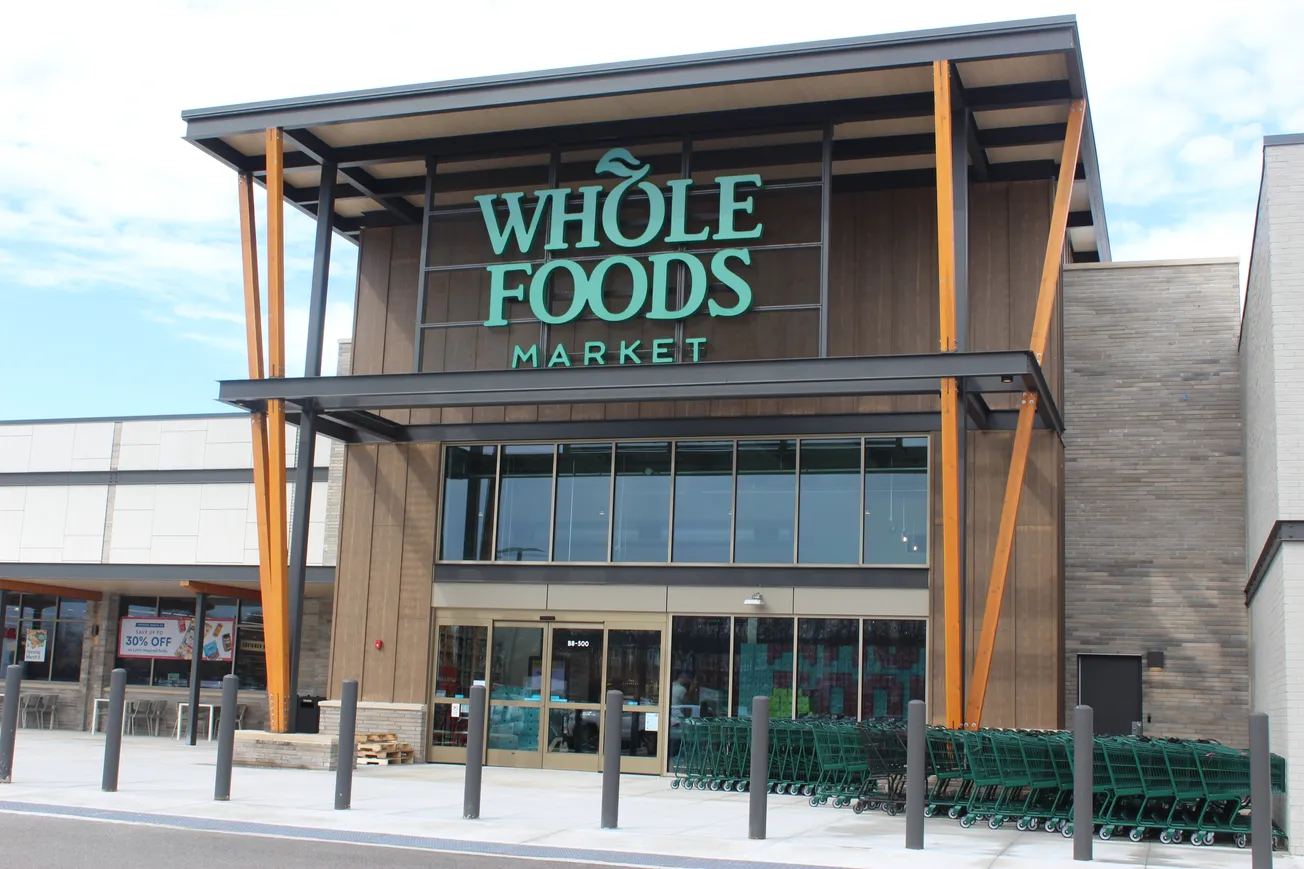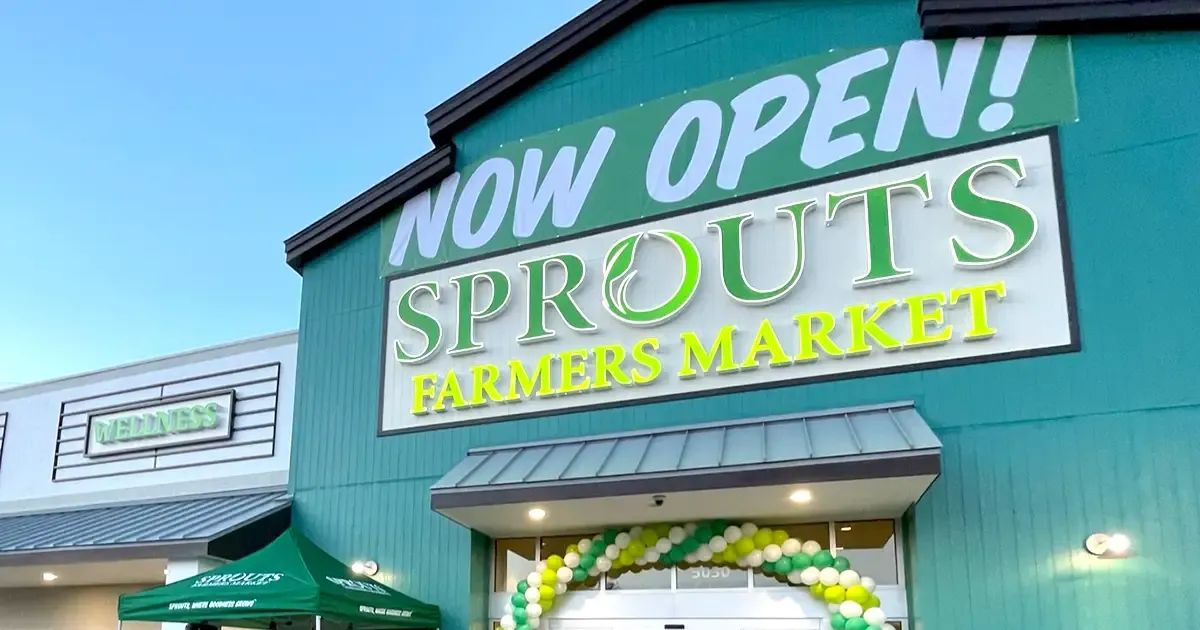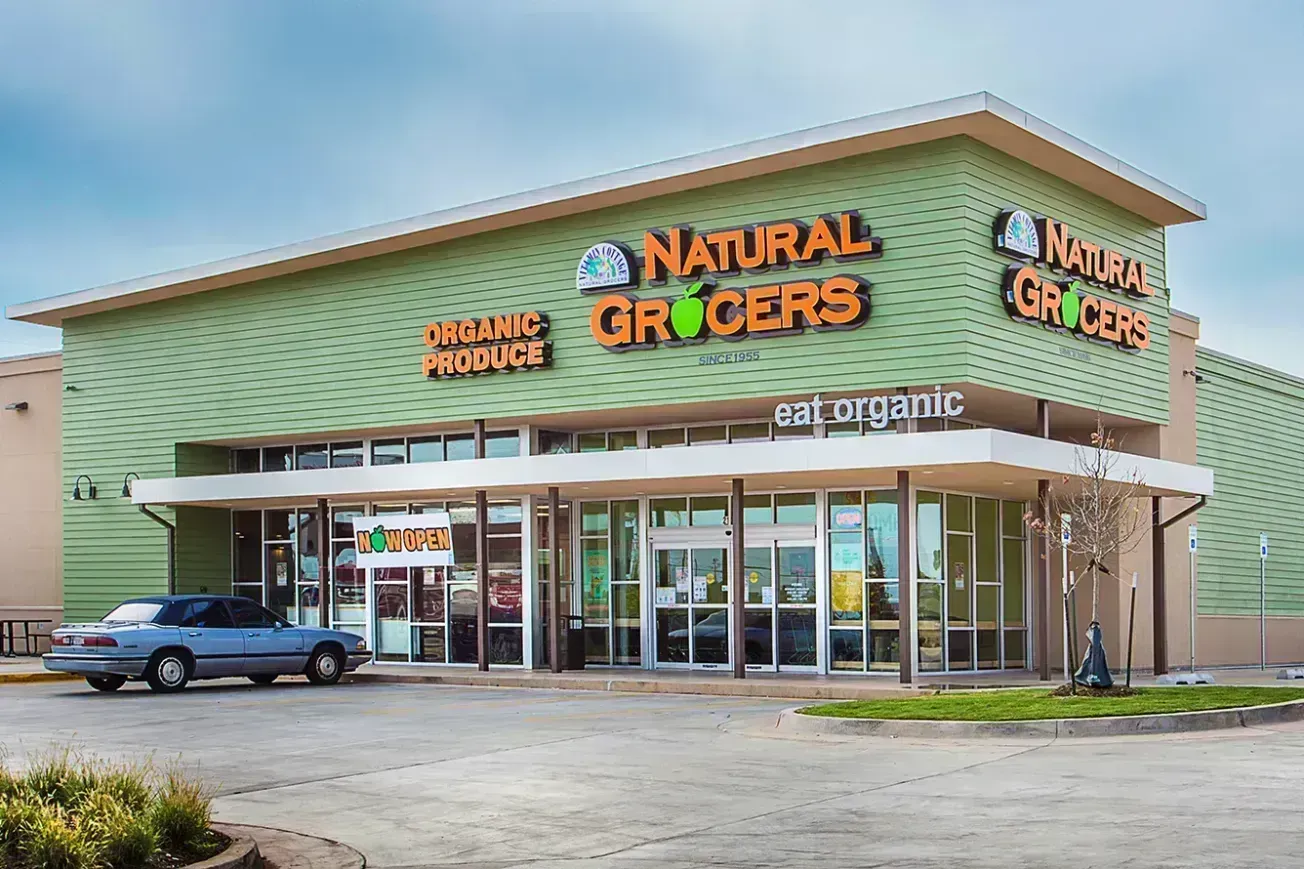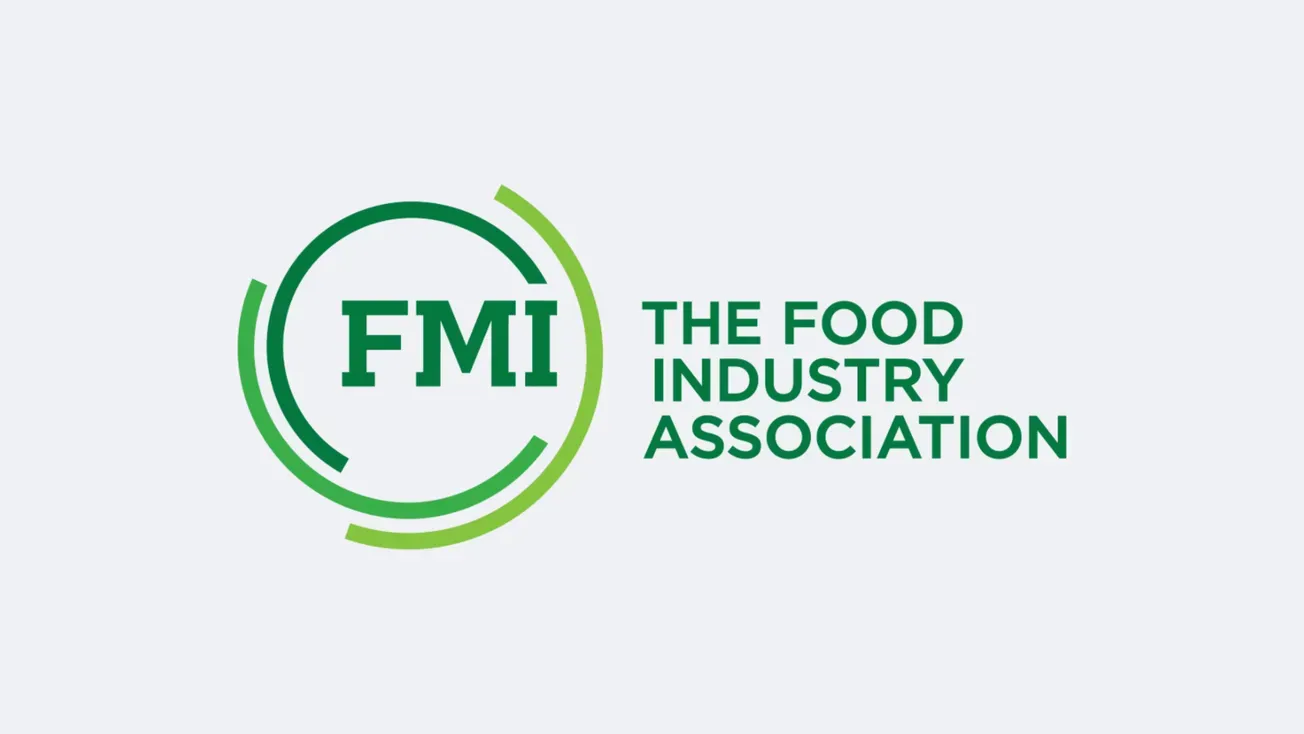NEW YORK—Retailers and produce suppliers are racing against time and tariffs as President Trump’s shifting trade stance sends shockwaves through supermarket supply chains.
Importers of tomatoes, broccoli, avocados, and other fresh produce are cancelling or rerouting orders on short notice in response to newly imposed tariffs on goods from Mexico and Canada. With perishable goods and tight profit margins, grocers are now faced with tough decisions on pricing and sourcing while watching for signs of consumer pushback.
According to the USDA, roughly $20 billion in fruits and vegetables enter the U.S. annually from Mexico. For East Coast distributor John Vena, 60–70% of produce this time of year is imported, mainly from Mexico and Canada. After last week’s surprise tariff hikes, Vena redirected a shipment of peppers to stay in Mexico, citing costs that made importing unviable.
“We have to be sure about the volumes we bring in, because we have to be sure we can sell it,” Vena told the Wall Street Journal.
Produce's perishability means that even minor delays or price shifts can quickly ripple through the retail sector. With commodities like bananas and tomatoes already operating on slim margins, retailers are evaluating how much of the added cost they can absorb—and how much shoppers can bear.
Retailers are taking action. Kroger is adjusting its procurement strategy to avoid tariff-impacted items. Fresh Del Monte has stated it is prepared to pivot supply chains, although building up alternative sourcing will take time. At Costco, which imports about one-third of its in-store products, executives said they are working to limit the impact on prices.
“The tariffs are very fluid right now,” said Costco CEO Roland Vachris. “So it’s hard to really give any predictions on what we can do, but we are prepared.”
Good Food Holdings CEO Neil Stern is also recalibrating. With about 10% of its products sourced from Mexico and Canada, Stern said he's holding prices on customer favorites like avocados to retain loyalty, even if it means swallowing some of the cost.
“We’ve really held the line on egg prices. I think we may do the same on some high-profile items that people are going to be focused on,” he said.
But the volatility is already hitting the bottom line. California-based Dynasty Farms paid duties on Mexican broccoli, only to see the tariffs rolled back days later. General Manager Wils Johnson chose not to pass the added cost to buyers and delayed a routine shipment, only placing the order once the tariffs were lifted.
“I’m taking a long-term view on my relationship with my customers and my business and not overreacting,” Johnson said. “We all know Trump is constantly changing things.”
Dynasty is now considering shifting broccoli production back to U.S. soil—a costly, long-term adjustment.
“It’s going to shift our business plan,” Johnson said. “It’s an expensive thing.”







